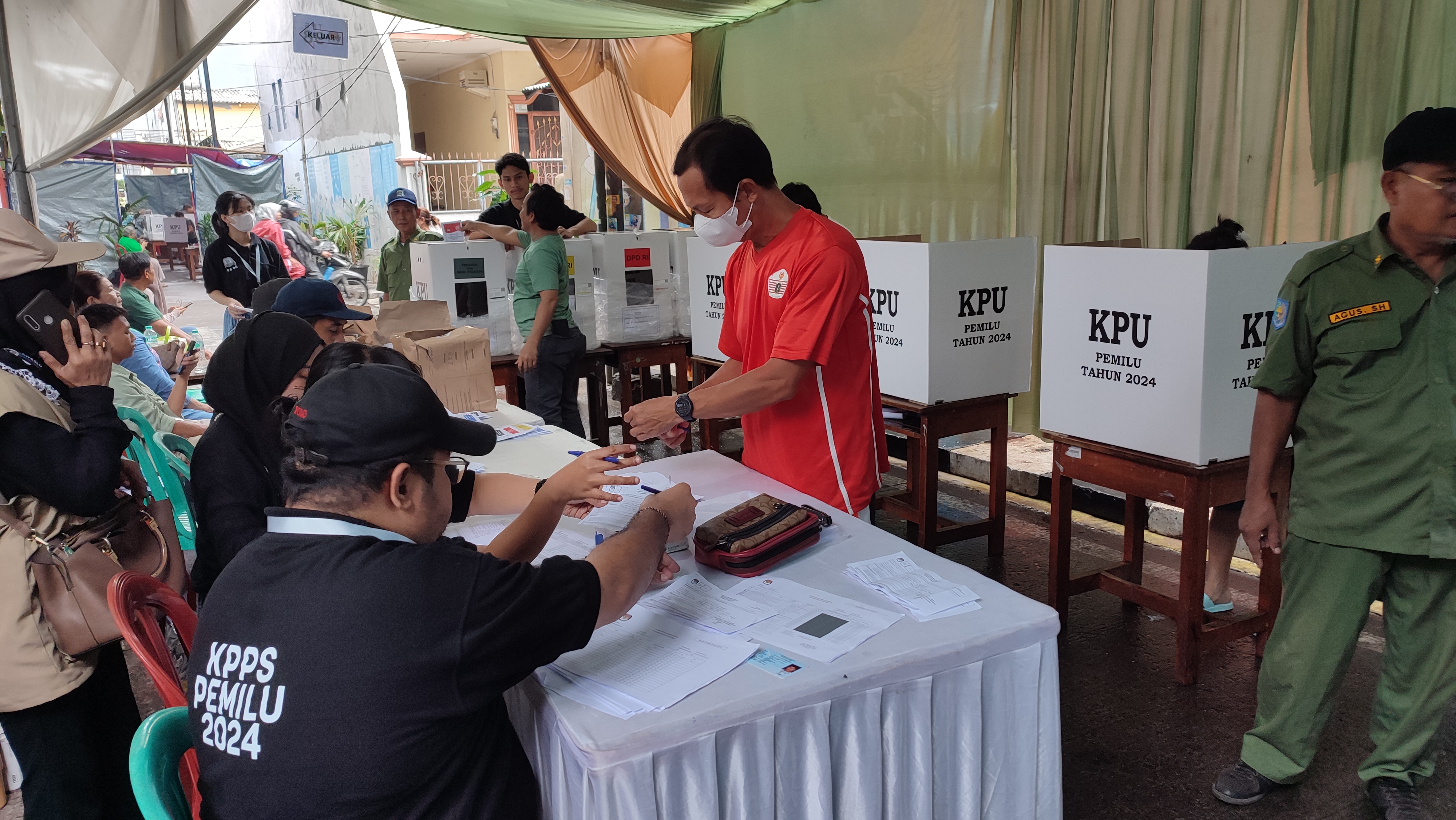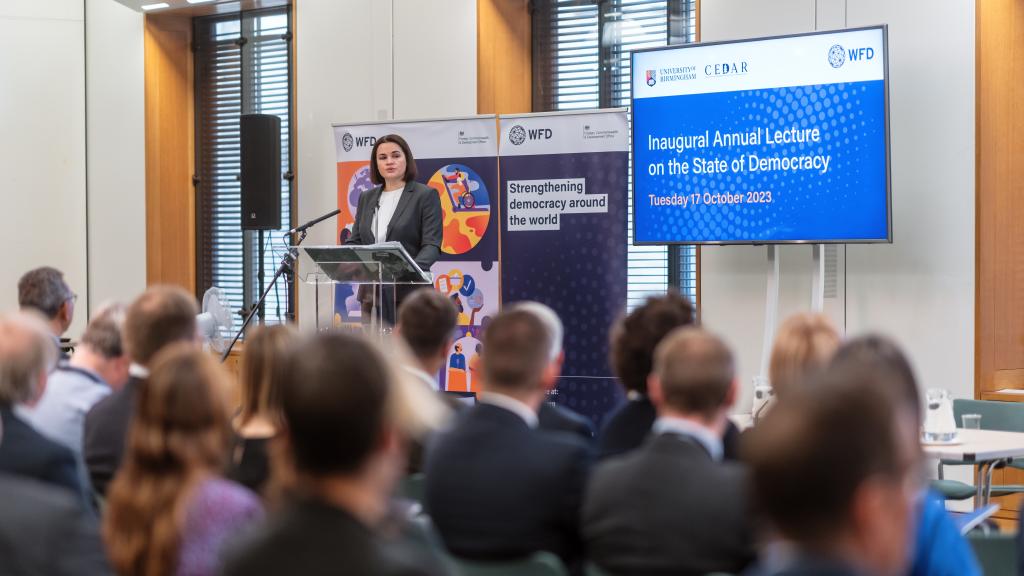Past events

Parliaments, partners, civil society organizations and all interested parties are warmly invited to join the official launch of the Indicators for Democratic Parliaments.
The launch event will present the purpose and content of the Indicators, as well as how they can be used to assess parliamentary capacity and performance.
The launch event will be held online. The two sessions will have the same content but will take place at different times in order to enable participants in different time zones to attend. Participants can indicate which session they wish to join in the registration form.
Session 1: Tuesday, 21 November 2023, 10:00–11:30 CET (interpretation in English, French and Arabic)
Session 2: Wednesday, 22 November 2023, 16:00–17:30 CET (interpretation in English and Spanish)

Post-legislative scrutiny (PLS) is the practice of monitoring the implementation and evaluating the impact of laws. The aim is to ensure that laws benefit citizens in the way originally intended by lawmakers.
For the first of our PLS Community of Practice events we want to set out what exactly a community of practice is and how you can be involved.
We will be discussing some common experiences in PLS, achievements in piloting and challenges and bottlenecks. We will be joined by representatives from, among others, the Parliaments of Wales and Scotland, who will be giving us the current PLS state of play in their parliaments.
It will be an opportunity to share and discuss.

Registrations are now open for WFD and the Institute of Advanced Legal Studies' 2023 Advanced Course on Innovations in Post-Legislative Scrutiny (PLS).

To support women leaders to survive and thrive in their political lives, WFD is holding an event at the Women Deliver 2023 conference. This event is organised in partnership with the National Democratic Institute, the Ellen Johnson Sirleaf Centre and Open Society Foundations.

During a time when elections around the world face an evolving and increasingly complex set of threats and challenges, sustained cooperation among global electoral integrity stakeholders is urgently needed. On 21 March, over 30 leading global organizations and networks in the electoral integrity community will come together to launch the GNSEI.

The relationship between women and politics has been marred with challenges since the dawn of organised politics. Women stay away from politics for too many reasons: glass ceilings, discrimination, physical and mental violence, maternal responsibilities, and so on. We at Westminster Foundation for Democracy (WFD) have been working on finding supporting women as they overcome some of these challenges and participate fully and equally in politics and public life. We will be launching a brand new report on women’s political leadership in the ASEAN region that addresses barriers to women’s political leadership in Indonesia, Malaysia, and Thailand.
We will be exploring the barriers and challenges women in the ASEAN region face when competing in politics, and we will explore ways they can overcome those barriers and secure a place at the table. We will also be discussing the steps and decisions that lead women to becoming leaders and their many pathways: Where did they start? How did they get here? And what can we do to help more women make it to the top?
The report launch will be followed by two roundtable discussions:
- Pathways to Women’s Political Leadership in the ASEAN region - to find out how women circumvent barriers and chart new pathways
- Gender Responsive Budgeting (GRB) - a learning session from women MPs and WFD experts on the importance of GRB to how they applied GRB in their countries.
Join us online as we discuss these issues with our lead research authors, Dr Aim Sinpeng (University of Sydney) and Amalinda Savirani (Universitas Gadjah Mada) as they outline the current situation, main findings and key recommendations, and hear what women political leaders from Thailand, Malaysia, and Indonesia have to say on their challenges and journey as a woman and a lawmaker.
This report launch will be live streamed online from Bali, Indonesia. It takes place as 12.00pm Jakarta time / 1.00pm Bali time.

Join us on Friday, 14 March 2025, for an inter-active webinar, organised by the Global Community of Practice on PLS in cooperation with the Parliament of South Africa, Chamber of Deputies of Chile and the University of London, on gender-sensitive impact assessments of legislation.

The Electoral Integrity Project and WFD are pleased to announce a significant three-day online workshop examining electoral reform and democratic practices globally.

The Democracy Action Partnership (DAP) 2024 focuses on WFD’s extensive research on the Cost of Politics - the costs of running for and maintaining political office.

Join us for an engaging webinar with Dr. Tom Caygill, author of a recent report on Post-Legislative Scrutiny (PLS) in the Scottish Parliament. Discover how PLS serves as a powerful tool to assess the real-world impact of legislation long after it becomes law.

